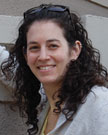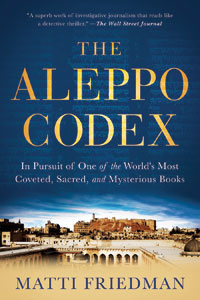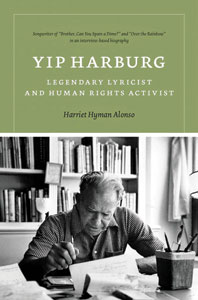Letters to the Editor
Thanks for the support
I was delighted that the Kansas City Jewish Chronicle featured my upcoming visit to town in the May 2 issue. I can’t wait to return to where “everything is up to date.”
In the article I am quoted praising four people for their support of our work. I would like to emphasize that we also have a long-standing relationship with the Jewish Federation of Greater Kansas City. Over many years, they have provided significant support to IRAC’s work for new immigrants and converts, and made very significant contributions to Rabbi Miri Gold’s struggle for state funding and recognition.
I feel the greatest gratitude and appreciation to the Federation and want to make sure that their support is duly recognized.
Anat Hoffman
Executive Director
Israel Religious Action Center
Several organizations sponsoring Hoffman lecture
I commend The Jewish Chronicle for writing such an in-depth article (Volume 93, Number 18) about Anat Hoffman, the executive director of the Israel Religious Action Center, who will be the Krasne Scholar-in-Residence of the New Reform Temple from Friday, May 17, to Sunday, May 19. Our community should be especially proud that a diverse group of organizations have come together to support Ms. Hoffman’s public address at the JCC on Sunday, May 19, at 7 p.m. Inadvertently, the article provided an incomplete listing of all of the organizations that are sponsoring her Sunday lecture.
The complete list is: The New Reform Temple, The Jewish Community Center of Greater Kansas City, The Jewish Federation of Greater Kansas City, the Rabbinical Association of Greater Kansas City, JCRB|AJC, Hyman Brand Hebrew Academy, Congregation Beth Torah, The Temple, Congregation B’nai Jehudah, Congregation Beth Shalom, Kehilath Israel Synagogue, Congregation Kol Ami, and Congregation Ohev Sholom.
Our entire community should celebrate that a cross section of our Jewish community supports Anat Hoffman’s opportunity to express her unique voice on the critical issue of religious pluralism in Israel.
Rabbi Alan D. Londy
New Reform Temple
Good luck Secretary Gordon
Thank you for the article about Lana Gordon, Kansas’ Secretary of Labor. Despite the ever-present chatter about the transgressions of public officials, Secretary Gordon is a wonderful example of a committed public servant.
Secretary Gordon represented the 52nd District in the Kansas House for a dozen years. During that period, she chaired the House education and budget committees. She is by profession an elementary school teacher and has first-hand familiarity with our educational system and what works to educate our children and inculcate values.
Now Secretary Gordon has a new charge: making the unemployment insurance system more equitable by identifying and eliminating fraud and abuse. Secretary Gordon combines a lifetime of both private and public sector experience to work on behalf of the people of Kansas.
Thank you, Madame Secretary for a job well done!
David Seldner
President
Margie Robinow
Vice President
Republican Jewish Coalition



 After a week that I really can’t explain, I got home to Tel Aviv around 6 a.m. on April 11, after visiting Poland to take part in the March of the Living. It was incredible. It was horrendous. It was life-changing, and parts with my group were even fun. I don’t know how to put into words what I saw, what I felt, what I experienced but will try.
After a week that I really can’t explain, I got home to Tel Aviv around 6 a.m. on April 11, after visiting Poland to take part in the March of the Living. It was incredible. It was horrendous. It was life-changing, and parts with my group were even fun. I don’t know how to put into words what I saw, what I felt, what I experienced but will try. The winner of the 2012 American Librarian Association Sophie Brody Medal for the best Jewish book is “The Aleppo Codex” by journalist Matti Friedman. Friedman’s book is a work of non-fiction that is more thrilling than many contemporary thrillers.
The winner of the 2012 American Librarian Association Sophie Brody Medal for the best Jewish book is “The Aleppo Codex” by journalist Matti Friedman. Friedman’s book is a work of non-fiction that is more thrilling than many contemporary thrillers. When I was a child growing up in the Northeast, never imagining I would spend over half my life in Kansas, my one image of this state came from watching Judy Garland sing “Somewhere Over the Rainbow” in “The Wizard of Oz.” Of course, it was only a Hollywood sound stage, but to me that was Kansas. Now the man who wrote the words to that song, and so many others, is the subject of a new book, “Yip Harburg: Legendary Lyricist and Human Rights Activist.”
When I was a child growing up in the Northeast, never imagining I would spend over half my life in Kansas, my one image of this state came from watching Judy Garland sing “Somewhere Over the Rainbow” in “The Wizard of Oz.” Of course, it was only a Hollywood sound stage, but to me that was Kansas. Now the man who wrote the words to that song, and so many others, is the subject of a new book, “Yip Harburg: Legendary Lyricist and Human Rights Activist.”